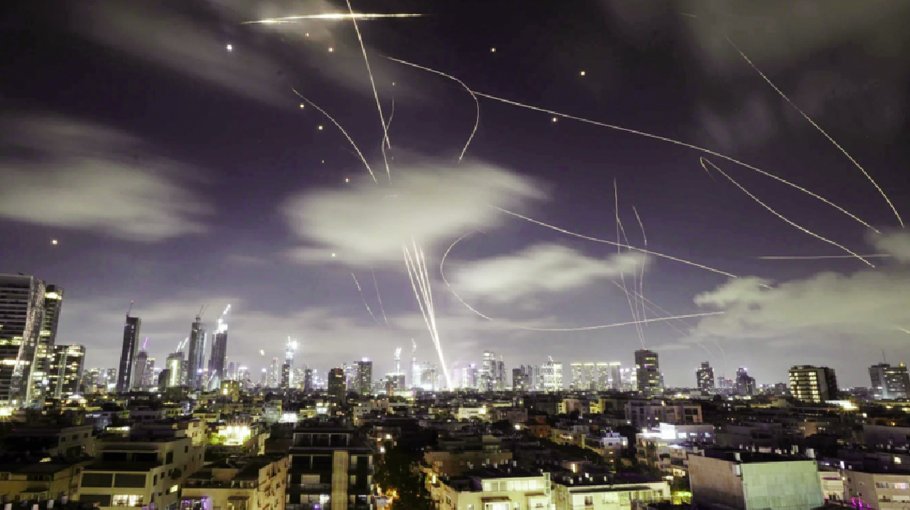Khamenei rejects surrender call
Warns of ‘irreparable damage’ if US intervenes


Iran’s top leader Ayatollah Ali Khamenei on Wednesday dismissed US calls for surrender amid ongoing Israeli attacks, cautioning that any military intervention by the United States would lead to “irreparable damage,” according to a statement broadcast on Iranian state television.
Ayatollah Ali Khamenei’s comments were issued through a statement read by a state TV anchor.
It was only the second indication of his presence since the Israeli airstrikes began. His response came after U.S. President Donald Trump, in a social media post, demanded “UNCONDITIONAL SURRENDER” and warned that while the U.S. is aware of Khamenei’s whereabouts, it has “no plans to kill him, at least not for now.”
Though Trump initially kept a distance from Israel’s surprise offensive last Friday that set off the current crisis, he has recently indicated a possible escalation of U.S. involvement, expressing a desire for “something much bigger” than just a ceasefire. The U.S. has since deployed additional aircraft and naval forces to the region.
"The Iranian nation is not one to surrender"
In his statement, Khamenei criticized Trump’s “threatening and absurd statements.”
“Wise individuals who know Iran, its people, and its history never speak to this nation with the language of threats, because the Iranian nation is not one to surrender,” Khamenei said. “Americans should know that any military involvement by the U.S. will undoubtedly result in irreparable damage to them.”
State television said a video of Khamenei’s full speech would be aired later, following a pattern used previously—likely as a security precaution. His exact location remains undisclosed.
Earlier in the day, an Iranian official warned that U.S. intervention could trigger a “full-scale war.” Foreign Ministry spokesman Esmail Baghaei did not provide further details, but thousands of U.S. troops are stationed in nearby nations within striking distance of Iran. The U.S. has promised a major retaliation in response to any Iranian attack.
Meanwhile, another official reaffirmed Iran’s commitment to enriching uranium for peaceful purposes, seemingly rejecting Trump’s demands to dismantle the country’s nuclear program.
The prospect that Trump could bring the United States into the war has raised the stakes since he abandoned a summit of the Group of Seven industrialised countries and met his security officials in Washington on Tuesday.
Iran had conveyed to Washington that it would retaliate strongly without restraint against the United States for any direct participation, its ambassador to the United Nations in Geneva, Ali Bahreini, said. He said he already saw the U.S. as "complicit in what Israel is doing".
Iran has been exploring options for leverage, including veiled threats to hit the global oil market by restricting access to the Gulf through the Strait of Hormuz, the world's most important shipping artery for oil. Tehran has in the past threatened to close the strait but has never followed through.
A former Iranian Economy Minister, Ehsan Khandouzi, said on X that Iran should start requiring permission for tankers transiting the strait, a move he said would be "decisive" but only if implemented quickly. Iran's Oil Ministry and Foreign Ministry did not immediately respond to requests for comment.


